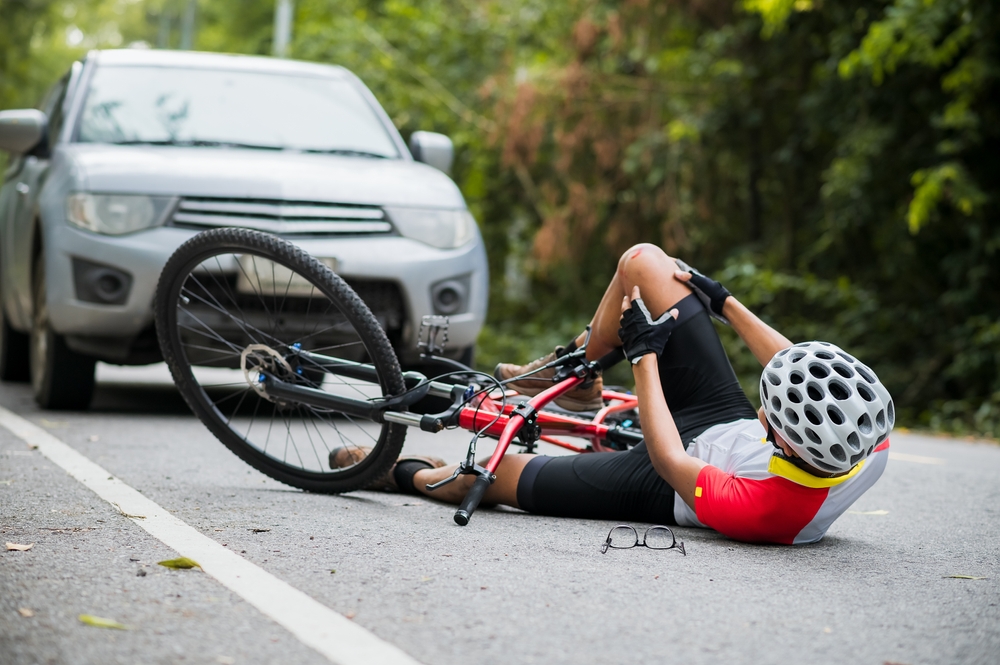When building and upgrading roads in the future, the UK’s health watchdog hopes town planners and local authorities will place the public’s physical and mental well-being front-of-mind.
The National Institute of Health and Care Excellence (NICE) has issued a set of draft guidelines aimed at decision makers, including planners and local authorities, which has been supported by the Department of Transport.
The guidelines have been designed to encourage roads that are “safe, attractive and designed” to encourage more physical activity and the reduced use of of a personal vehicle.
The document highlights “transport systems and the wider built environment can influence people’s ability to be active.”
Cycle Accident Claims Management Solicitor and Cyclist Jan Canter said this is a step in the right direction.
“It is great to see groups like NICE proactively advocating for change and improvements.”
“It will be interesting to see if, and to what extent, local authorities take these recommendations into account moving forward,” he said.
An increase in physical activity reduces obesity and has been known to prevent and manage chronic conditions including depression, type 2 diabetes and heart disease, benefitting both the individual and health system.
NICE recommends the following when building and upgrading roads:
- Widening footways and introducing cycle lanes
- Schemes restricting vehicle speed
- Linking new and updated foot paths and cycle routes with existing routes
- Focussing on public transport in rural areas
- Improving public transport to parks and other green spaces
- Pavements should consider those with visual impairments through the use of bumps, grooves and anti-glare surfaces.
Can you think of other important changes that should be addressed? NICE are running a public consultation on the draft guidelines until February 1.
Alternatively, if you have been in a cycling accident (or any other road accident as a vulnerable road user), we urge you to get in contact for a free consultation.
Source: Information adapted from NICE and BBC News.
Share this blog








